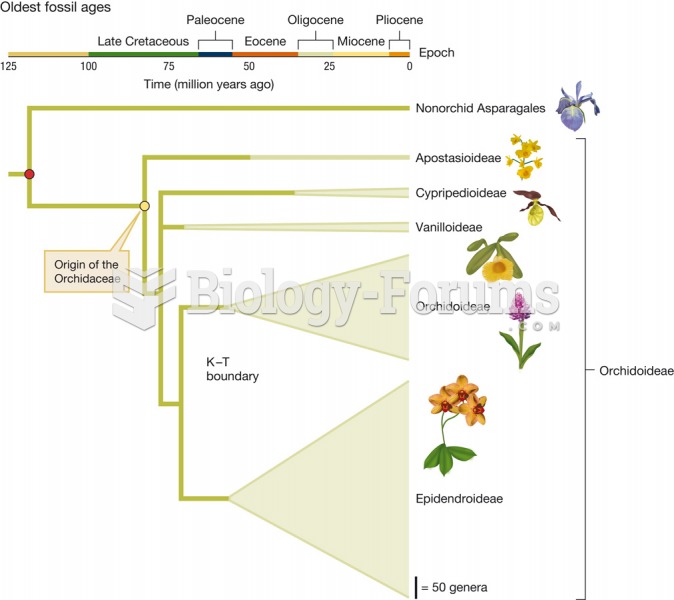|
|
|
No drugs are available to relieve parathyroid disease. Parathyroid disease is caused by a parathyroid tumor, and it needs to be removed by surgery.
A seasonal flu vaccine is the best way to reduce the chances you will get seasonal influenza and spread it to others.
Before a vaccine is licensed in the USA, the Food and Drug Administration (FDA) reviews it for safety and effectiveness. The CDC then reviews all studies again, as well as the American Academy of Pediatrics and the American Academy of Family Physicians. Every lot of vaccine is tested before administration to the public, and the FDA regularly inspects vaccine manufacturers' facilities.
Excessive alcohol use costs the country approximately $235 billion every year.
Most childhood vaccines are 90–99% effective in preventing disease. Side effects are rarely serious.







